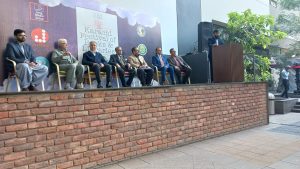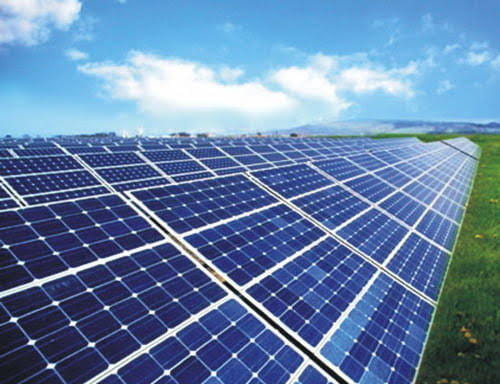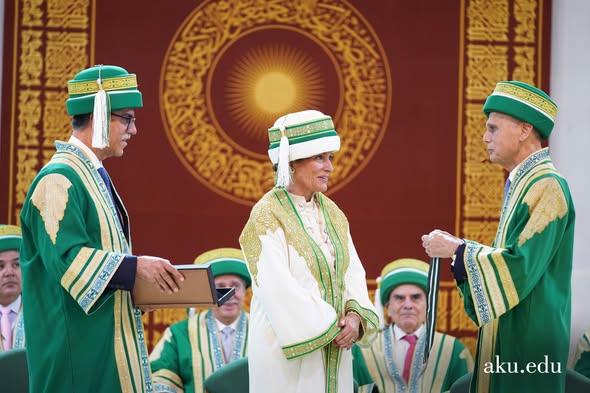A recent proposal by the federal government to impose General Sales Tax (GST) on the import of solar panels has sparked serious concerns among renewable energy experts, climate activists, and industry leaders, who fear it could impede Pakistans transition to cleaner energy.
The issue was brought to the forefront during a webinar titled Taxing the Sun: Will Solar Still Shine in Pakistan? jointly organized by Energy Update and the Pakistan Solar Association (PSA) in Karachi. The event attracted clean energy experts, industrialists, renewable energy traders, and environmental advocates, all of whom voiced concerns over the proposed taxs impact on the solar industry.
Waqas Moosa, Chairman of the PSA, emphasized the importance of solar power in reducing Pakistan’s dependence on fossil fuels, especially during the current decade, which he described as crucial for the global clean energy transition. He acknowledged that the proposed GST could increase costs but expressed confidence that Pakistani consumers and businesses would remain committed to solar solutions due to their long-term environmental and economic benefits.
Moosa cautioned, however, that Pakistans local solar panel manufacturing capacity remains insufficient to meet growing demand both in terms of quality and quantity. He urged the government to launch a national campaign to promote industrial adoption of solar energy, which would help lower emissions and align local businesses with international sustainability benchmarks.
The webinar participants widely criticized the proposed taxation, calling it a significant barrier to the countrys climate action commitments. Muhammad Zakar Ali, CEO of Inverex Solar Energy, argued that while the tax might deter some buyers, most Pakistani electricity consumers are aware of solar energy’s long-term advantages and are likely to continue shifting away from conventional grid reliance.
Also read: New Legal Provision Introduced in Finance Bill 2025-26 to Curb Tax Evasion in Major Transactions
Ali called for an 18 to 24-month grace period to allow local manufacturers time to scale up and meet national demand. He also shared optimism about potential investments from Chinese partners in setting up domestic production facilities, which could stimulate job creation and develop allied industries.
Dr. Khalid Waleed of the Sustainable Development Policy Institute added that the rise in rooftop solar installations is a promising trend. He noted that this could help Pakistan gain carbon credits through the international climate finance market, offering further incentive for government support.
The webinar concluded with a unified appeal to federal and provincial authorities to accelerate efforts in supporting solar energy adoptionparticularly by installing solar systems on public buildings. Speakers stressed that sustainable energy must be prioritized to ensure a greener, more energy-secure future for Pakistan.













